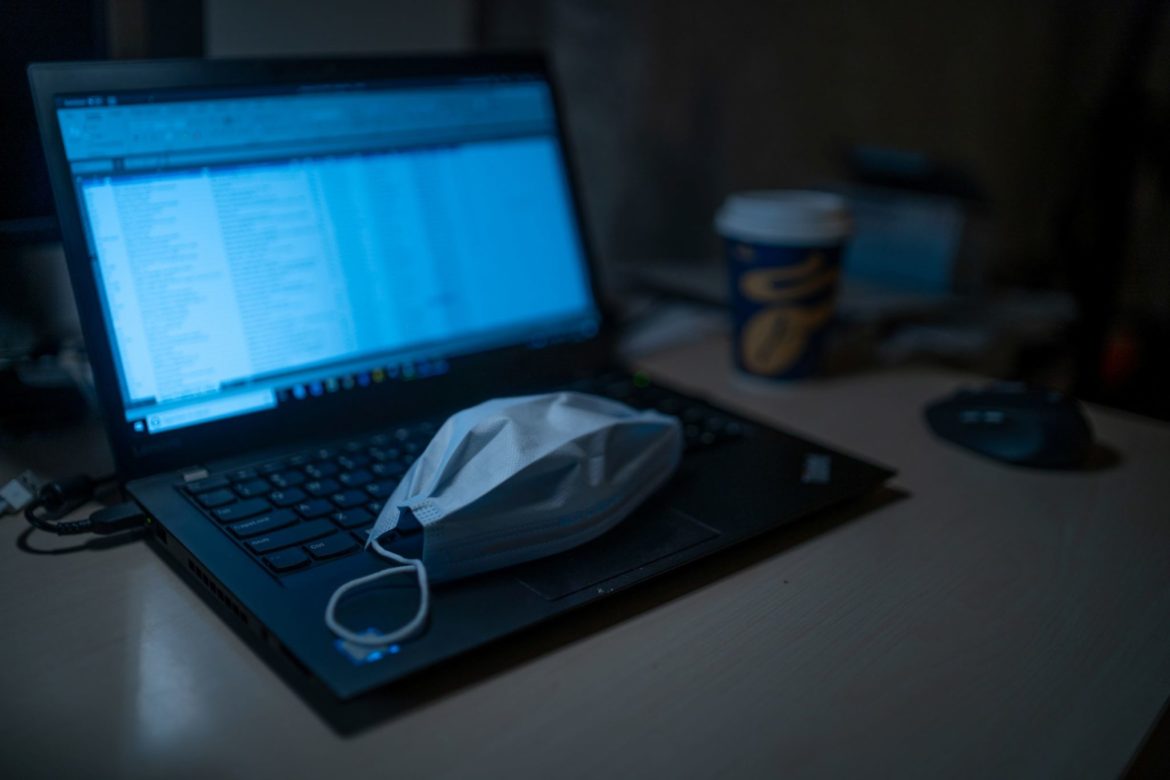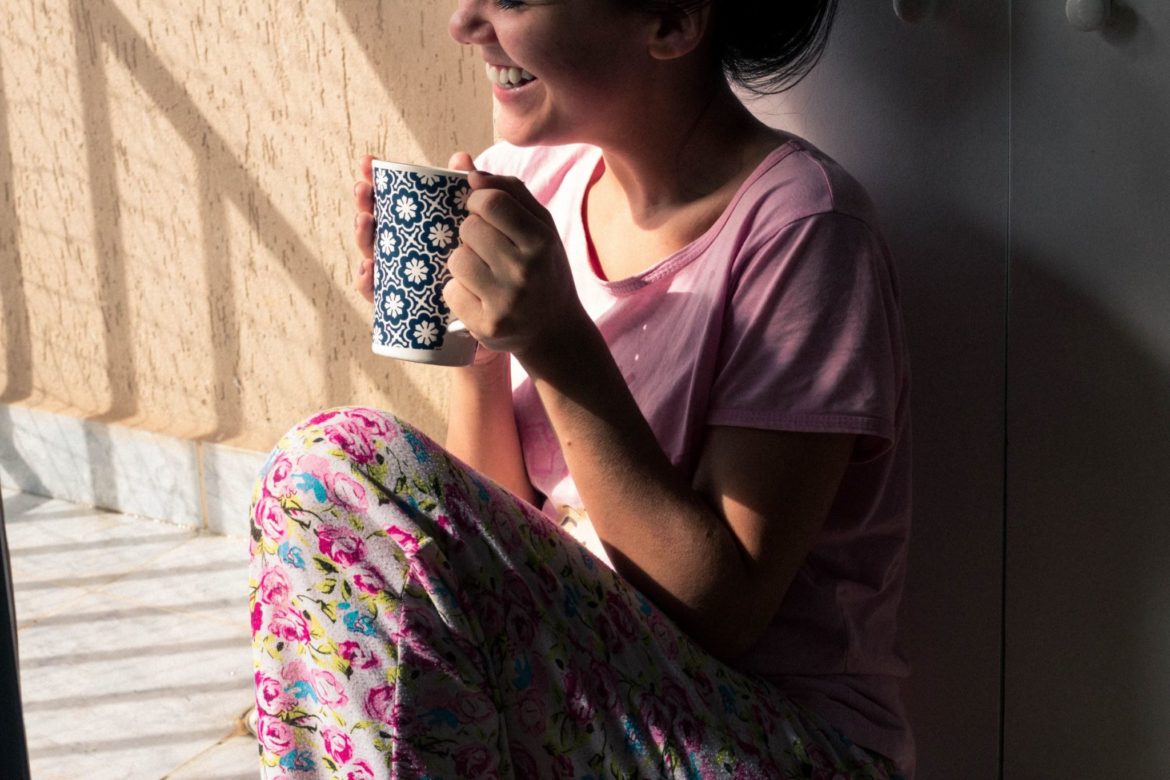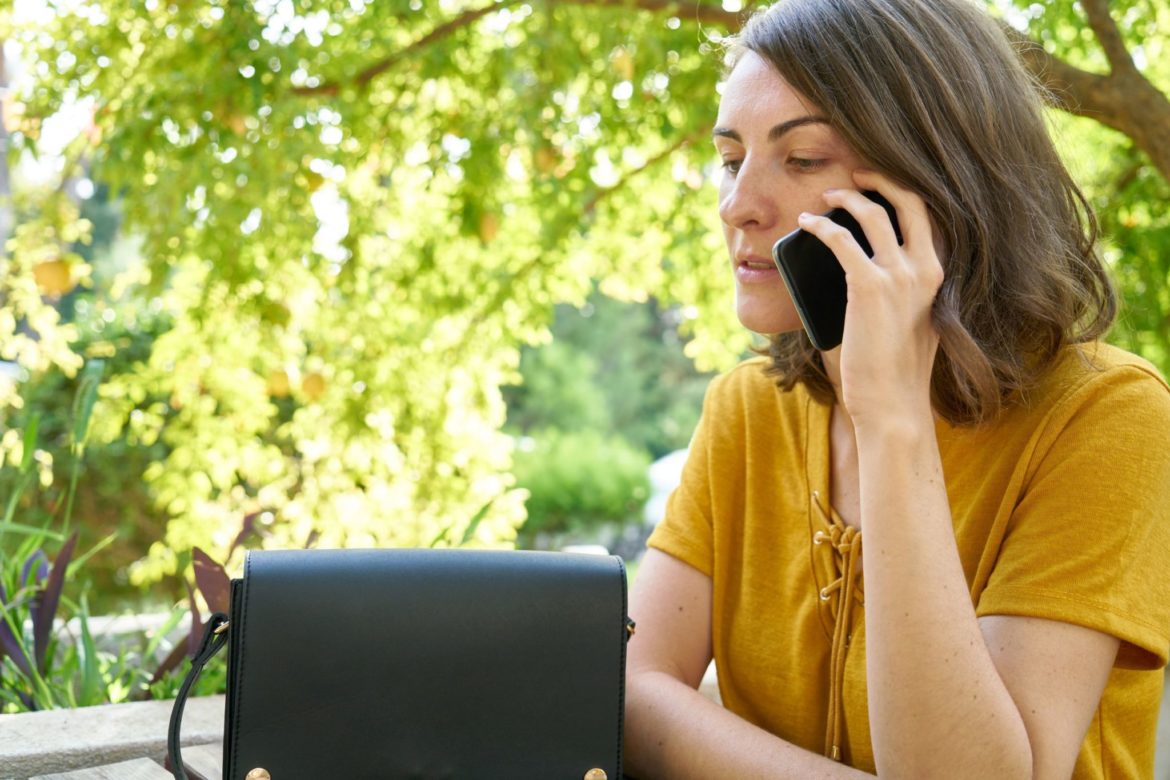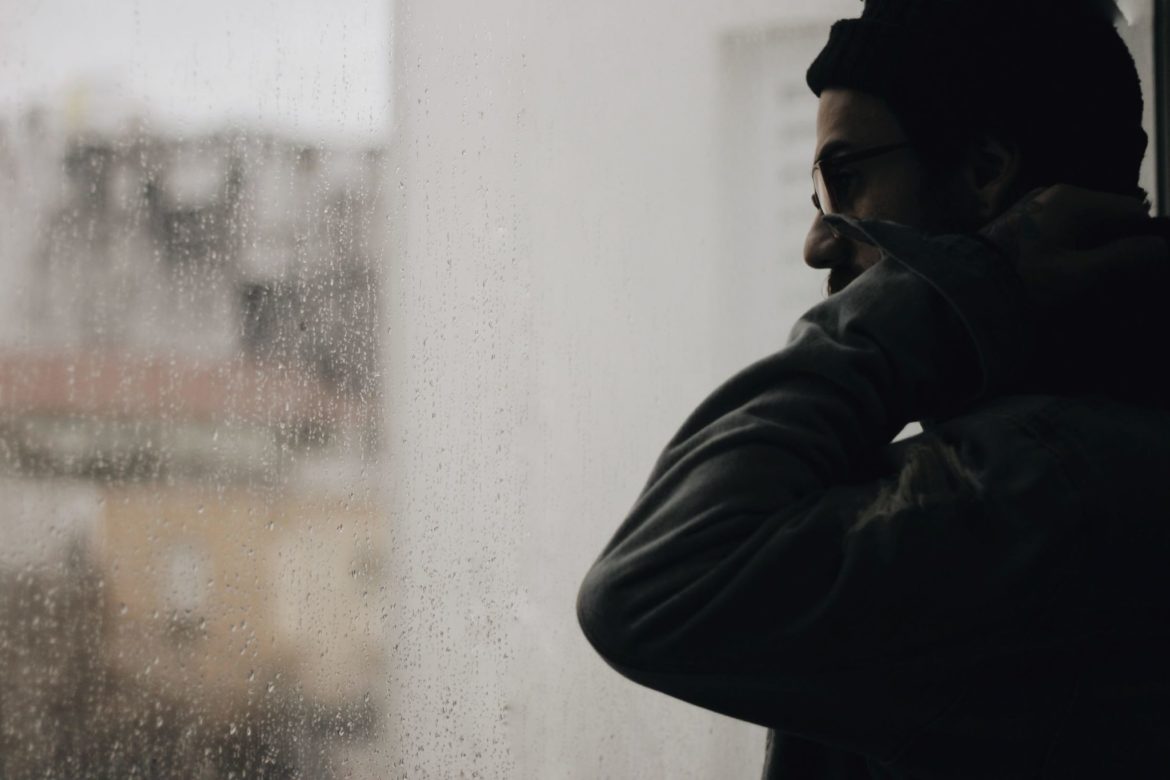Accessing healthcare when you need it most may seem challenging during the COVID-19 pandemic. When you are seeking treatment for addiction or need to get a checkup from your primary care physician, you may be hesitant to go to the provider’s office. Your provider may also have set down regulations regarding what you need to do when you visit. There are new possibilities for accessing care remotely and safely. A new study shows the effectiveness of telemedicine during COVID-19.
What is Telemedicine?
Telemedicine, or telehealth, is essentially remote medical care. The term refers to providing healthcare through electronic communication technologies instead of in-person meetings. The first forms of telemedicine involved simple phone calls. Video calls and other telecommunication options have been put in place, especially during the stay-at-home orders during COVID-19, that have improved the services significantly.
Care for Vulnerable Populations
The new study on the effectiveness of telemedicine during COVID-19 shows that these advances in technology can improve the mental and physical health of vulnerable populations, including the elderly and people who are immunocompromised. Individuals who are addicted to drugs or alcohol are particularly susceptible to the harmful effects of the coronavirus and telemedicine can prove beneficial in keeping them safe.
In addition, patients who need care for anxiety and depression can be assisted without the requirement for visiting a hospital, and therapy for psychological stabilization can be provided via the internet, without the need for an in-person consultation with the doctor.
Reducing Isolation
Addiction treatment and even routine care can be delivered remotely, reducing the risk of exposure to the virus. When you feel you need to stay home during the pandemic, you may also begin to feel the effects of your isolation. A telemedicine visit, conducted via video conferencing technology, enables you to communicate with your healthcare professional “face to face.”
The recent study on the effectiveness of telemedicine during COVID-19 pointed to the ability of virtual consultations to help with overcoming isolation and loneliness due to being disconnected from the external world. Telemedicine is also helpful for the elderly, the immunosuppressed, and other vulnerable populations who live in remote areas of the country. Through technology, it is easier and more convenient to access appropriate and timely medical services.
Care for COVID Patients
During the COVID-19 pandemic, if you suspect that you may have a viral infection, telemedicine can help your doctor with triage to determine whether a visit to the hospital for COVID-19 testing is warranted. Additionally, if you are diagnosed with COVID-19, have minor or no symptoms, and are quarantined at home, the doctor can continuously assess your condition through telemedicine. The virtual provider visits can then ensure early detection of worsening symptoms to prevent missing the window of opportunity for treatment.
Benefits of Telemedicine
The effectiveness of telemedicine during COVID-19 can result in a number of benefits. Telemedicine:
- Promotes the practice of social distancing to reduce spread – shifting visits and initial patient evaluation to a model that does not require in-person and face-to-face interaction and thereby limit the physical contact between staff and patients.
- Allows monitoring of patients to identify potential and confirmed cases without person-to-person contact.
- Enables quarantined providers to continue to safely treat patients remotely.
- Reduces the risk of spread in high-volume/traffic areas such as waiting rooms by reducing the number of patients requiring face-to-face visits.
- Enables providers to continue patient engagement while reducing potential for exposure for those who are considered most vulnerable to COVID19.
- Reduces the likelihood of patients participating in activities/behaviors that could increase risk of exposure, such as use of public transportation to attend appointments.
Safe and Secure Treatment via Telehealth
New technologies also ensure that your telehealth visit will be safe and secure, following HIPAA guidelines. Your privacy is important to you and to your healthcare provider. When you are in addiction recovery, you may be concerned about ensuring that your visits are confidential. At South Miami Recovery, we offer proven, HIPAA-compliant platforms for your telehealth sessions.
South Miami Recovery Offers Effective Telehealth Services During COVID-19
Continuing your addiction treatment during the pandemic is critically important. You can get the treatment you need, safely and securely, at South Miami Recovery. We continue to provide a wide array of outpatient addiction treatment services to those who need it most during these challenging times. To learn more and to sign up for telehealth substance abuse services, contact us today. Call South Miami Recovery at 305.661.0055.









